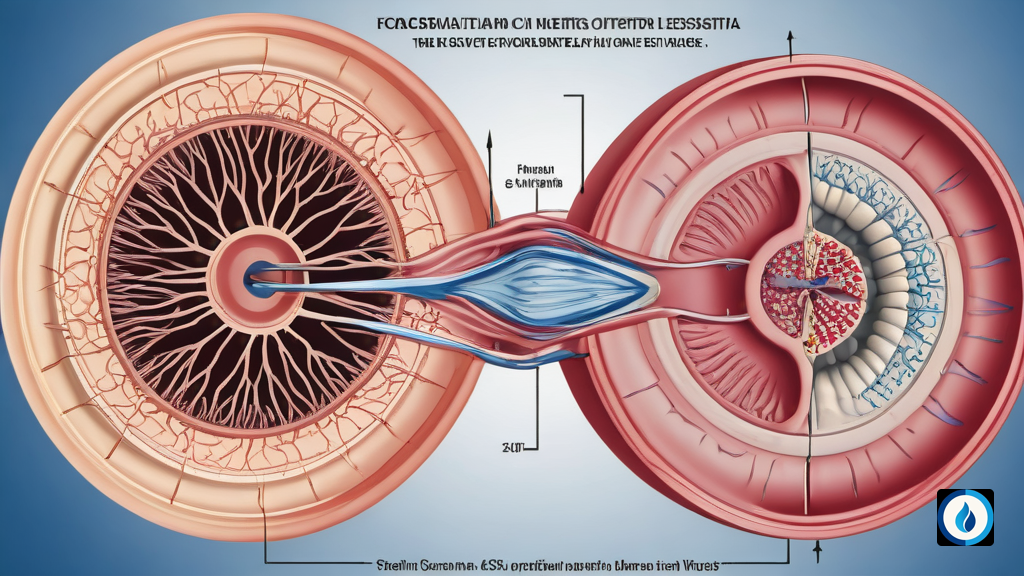A Paradigm Shift in Cardiovascular Care
In a groundbreaking endeavor that challenges conventional wisdom, a pioneering trial has unveiled the potential of a proactive approach to managing cardiovascular health.
Imagine a scenario where instead of waiting for disaster to strike, vulnerable plaques in coronary arteries are identified and addressed before they pose a threat. This visionary concept has come to fruition in the form of focal preventive percutaneous coronary intervention (PCI), marking a significant leap forward in the field of interventional cardiology.
A Triumph of Science and Innovation
The results of the landmark PREVENT trial, presented at the prestigious American College of Cardiology (ACC) meeting, have sent shockwaves through the medical community.
Led by Dr. Seung-Jung Park from the University of Ulsan College of Medicine and Asan Medical Center, Seoul, this ambitious study demonstrated the efficacy of preventive PCI in reducing target vessel failure over a remarkable span of seven years.
Compared to traditional medical therapy, preventive PCI yielded a staggering reduction in target vessel failure rates, laying the groundwork for a potential paradigm shift in cardiovascular care.
Unlocking the Potential of Preventive PCI
The essence of preventive PCI lies in its ability to identify and treat non-flow-limiting vulnerable plaques before they precipitate catastrophic events such as myocardial infarction or cardiac death.
Dr. Park and his team meticulously screened individuals with stable coronary disease or acute coronary syndrome, targeting lesions with negative fractional flow reserve and evidence of vulnerable plaque.
Through meticulous assessment using intravascular ultrasound (IVUS) and near-infrared spectroscopy, they identified lipid-rich atherosclerotic plaques that posed a significant risk despite not causing flow limitation.
Implications for Clinical Practice
The implications of the PREVENT trial extend far beyond the realms of academia. It beckons a new era in which proactive intervention becomes the cornerstone of cardiovascular management.
While the study heralds a promising future for preventive PCI, it also raises pertinent questions about its real-world applicability and feasibility.
Dr. Dawn Abbott from Brown University and Lifespan Cardiovascular Institute acknowledges the significance of the findings but cautions against over-reliance on complex imaging modalities, advocating for a pragmatic approach that balances efficacy with practicality.
Similarly, Dr. Marc Bonaca from the University of Colorado School of Medicine emphasizes the need for robust tools to identify and manage vulnerable plaques, suggesting noninvasive alternatives such as CT angiography as a potential solution.
Looking Towards the Future
As the medical community grapples with the implications of the PREVENT trial, ongoing research endeavors hold the promise of further elucidating the role of preventive PCI in cardiovascular health.
Trials such as COMBINE-INTERVENE, INTERCLIMA, FAVOR V AMI, and VULNERABLE are poised to provide invaluable insights that will shape the future landscape of cardiovascular care.
Conclusion
The PREVENT trial represents a watershed moment in cardiovascular medicine, heralding a new dawn of proactive intervention. As the boundaries of possibility expand, the journey towards optimal cardiovascular health takes a transformative leap forward.
With preventive PCI emerging as a potent weapon in the arsenal against cardiovascular disease, the future looks brighter than ever before.
As the medical community embraces this paradigm shift, the quest for innovation and excellence continues unabated.
Disclosure: The PREVENT trial received support from various organizations including the CardioVascular Research Foundation, Abbott, Yuhan, CAH-Cordis, Philips, and Infraredx.
